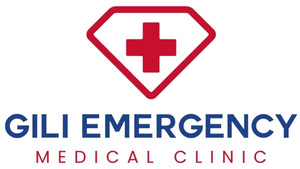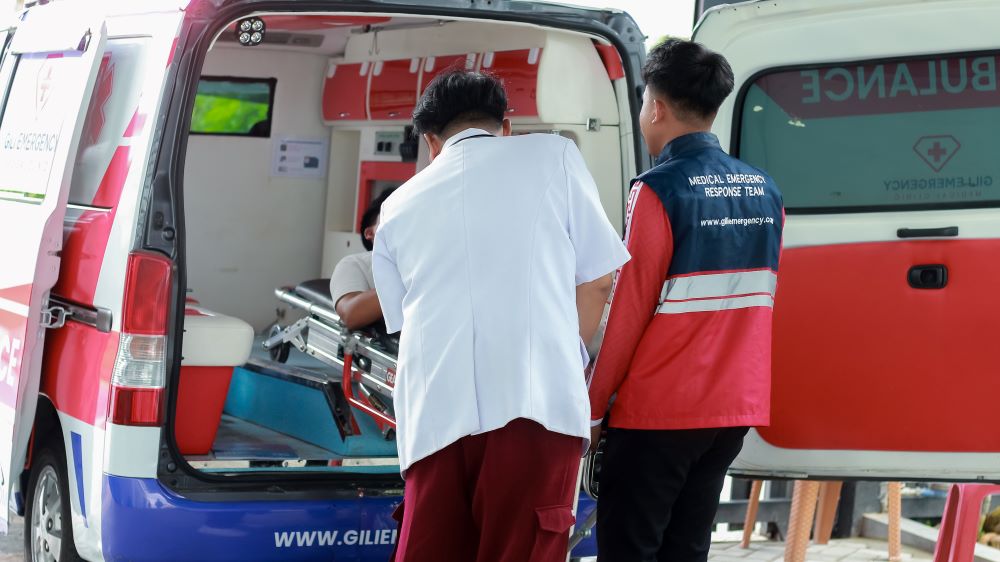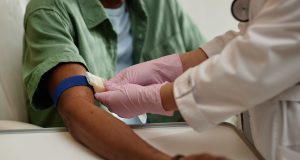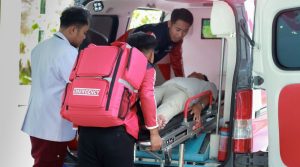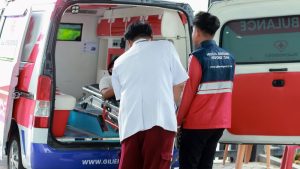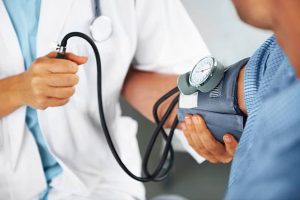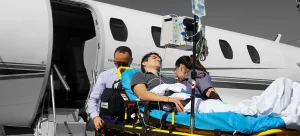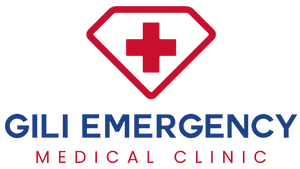Picture this: you’re chilling on the peaceful shores of Gili Meno — soft white sand between your toes, gentle waves whispering, stars lighting up the sky. Total island bliss. Then bam — out of nowhere, you twist your ankle, catch a sudden fever, or someone in your group feels really sick in the middle of the night.
That’s when reality hits — paradise or not, you gotta know what to do in a Gili Meno after hours emergency. Because let’s be real, even on the most laid-back island, stuff happens. And being prepared? That’s the difference between panic mode and staying cool while help’s on the way.
In this article we’ll walk through how to react, who to call (hello, Gili Emergency), what a “Gili doctor” can realistically do on the island, and how the local “Gili medical clinic” setup works. I’ll tell you from the vantage point of a traveler plus some current data and island-insider tips. Sit back, grab a coconut drink (yes—metaphorically), and let’s get practical.
Why You’ll Want to Save the Gili Meno After Hours Emergency Number Now
When you’re staying on Gili Meno, nighttime feels like magic: crickets, moon-lit palms, no roaring traffic. But in an emergency, those same traits become vulnerabilities. The island is small, remote, and there’s no major hospital on-site. That means response times get longer and every minute matters. According to the island’s travel advisory: “There are clinics on the island staffed by doctors and nurses… A 10-30 minute boat ride plus an hour’s drive” to a full hospital.
This is where Gili Emergency enters. They are a 24/7 service that covers Gili Meno (and nearby islands), acting as your first call when things go sideways after hours. If you memorise one number, this is it. The keyword: after hours—because that’s when typical travel-clinics may be closed, and you’ll rely on the emergency system.
What Happens When You Call the Gili Doctor at Gili Emergency
Here’s how a typical scenario might play out—walk with me through this:
You’re at your beachfront villa and at 2 am you hear a friend screaming. They fell from a bicycle on the sand track, sprained their ankle, maybe worse. You dial the hotline for Gili Emergency. They ask: Where are you exactly? How bad is it? Are you conscious? Then:
- A Gili doctor (or doctor-on-call) is dispatched to the scene. In many cases, this is a doctor from Gili Emergency, trained in island emergencies. They arrive on a motorised cart or ambulance-type buggy moving across sand tracks.
- On site they stabilise: pain relief, splinting the leg, checking vitals, doing an assessment.
- If it’s serious (internal injury, difficulty breathing, decompression sickness), they organise a sea ambulance/boat transfer to the mainland hospital. Gili Emergency coordinates this as well. They also coordinate with your travel insurance, help with arranging payment or evacuation. That means your Gili doctor isn’t just patching you up—they’re triage + logistics.
So when you trigger a Gili Meno after hours emergency, you’re not alone: you have a local system geared for night rescues.
What the “Gili Medical Clinic” on the Island Can and Cannot Handle
Your first-stop is the Gili medical clinic. On Gili Meno there are clinics, but they’re not full hospitals. “No full-fledged hospitals on Gili Trawangan, Gili Meno, or Gili Air.” What this means:
What they can do:
- Provide immediate first-aid, IV fluids, antibiotics for moderate infection, simple wound care.
- Offer consultations with a Gili doctor on the island.
- Coordinate emergency evacuation if needed (boat or helicopter).
What they cannot do (or what’s risky to rely on):
- They’re not equipped like big hospital ERs with surgery suites, full ICU, advanced imaging.
- They might not be able to handle major trauma, serious heart attacks, or complex conditions without transferring you.
- Transporting you off-island may take time: boat + land + drive. So, time counts.
In practice: if you twist an ankle, you’ll be fine (clinic + Gili doctor). If you hit your head badly or have potential spinal injury, you’ll need evacuation. The key is awareness.
Top Travel Tips to Prevent or Handle an After-Hours Emergency on Gili Meno
Since you now know how the system works, let’s stack some practical tips (for you and your travel buddy) to keep things smooth:
- Save the contact now.
Before your sun-set dinner, store the Gili Emergency number so you’re not scrambling when lights are low. - Tell someone your night plan.
If you’re going off-track (south beach, snorkelling late, exploring quiet paths), let the hotel or friend know. If anything happens, rescue knows where to look. - Carry basic meds and a first-aid kit.
Even if you don’t use it, it gives you peace of mind. For example: painkiller, antiseptic wipes, bandages. The Gili doctor will still arrive—but you’ve bought time. - Stay close to main paths after dark.
Sandy roads + dim light = risk of falls or bike accidents (which are common on Gili Meno). Avoid wobbly bikes late at night. - Use trusted operators for water activities.
Whether diving or snorkelling, pick the operator that knows emergency protocols and has Gili Emergency contacts. If something like decompression sickness happens, you’ll want that quick link. - Consider travel insurance with evacuation cover.
Because if you need to be moved off-island in an after-hours crisis, cost can rise. The Gili medical clinic system helps, but you’ll appreciate the backup.
Real-Life Stories (Why this matters)
Here are two brief micro-stories from the island to bring this to life:
Story A: A diver surfaced feeling dizzy and breathless late in the evening on Gili Meno. The group contacted Gili Emergency; a Gili doctor arrived within minutes, stabilized him, arranged boat transfer to Lombok hospital. Without fast care, decompression sickness can become critical.
Story B: A tourist slipped near a wooden jetty at midnight, broke a leg. A Gili doctor splinted the leg on-site, called night ambulance, arranged sea transfer. The after-hours system worked: local support, island clinic, evacuation.
These aren’t just hypothetical—they illustrate how the system (clinic + Gili doctor + emergency service) is a real lifeline.
When You Absolutely Should Activate the Gili Meno After Hours Emergency Plan
Here’s the deal — if any of these happen, don’t wait around. Call for help right away.
Red flags you shouldn’t ignore:
• Someone passes out, hits their head hard, or is bleeding a lot.
• They’re struggling to breathe, having chest pain, or you suspect a heart attack.
• Allergic reaction gone bad — swelling, tight throat, that kind of scary stuff.
• After diving, they’re short of breath or dizzy — could be decompression sickness.
• Got into a bike or horse carriage accident and it looks serious.
• Sudden weird symptoms like slurred speech or body weakness — don’t brush it off.
• Fever that won’t quit or an infection that looks nasty, especially in tropical heat.
In these cases: dial Gili Emergency → stabilise with Gili doctor on-site → evacuate if needed. Time matters.
Peace of Mind While You Enjoy Gili Meno
So here’s the essence: You came to Gili Meno to relax, soak up sunsets, drift between snorkels and hammock naps. That’s exactly what you can do—with the confidence that you’re not isolated if something goes wrong. The Gili Meno after hours emergency protocol is your safety net: a real-life Gili doctor, trained island responders, and a dedicated hotline through Gili Emergency and the Gili medical clinic network.
You may never need to call them. But having them at the ready means you’re free to truly unwind. Because when you know help is just a call away, you can let your guard down, breathe in the salty air, listen to waves—and simply be.
Stay safe, stay aware, and get ready for one of the best island experiences you’ll ever have.
